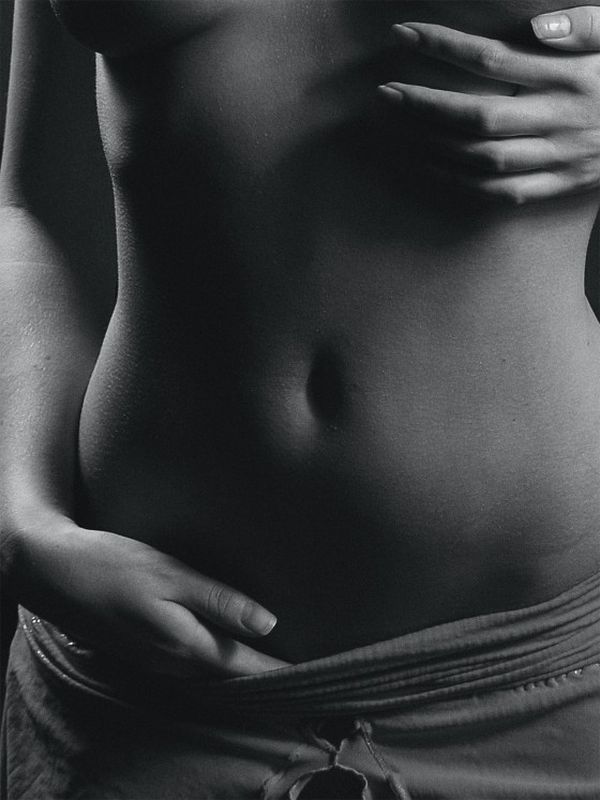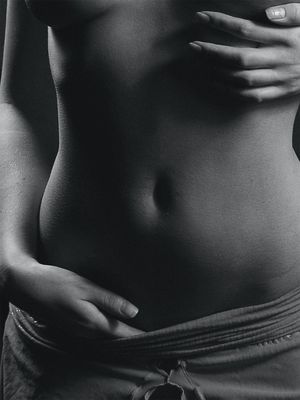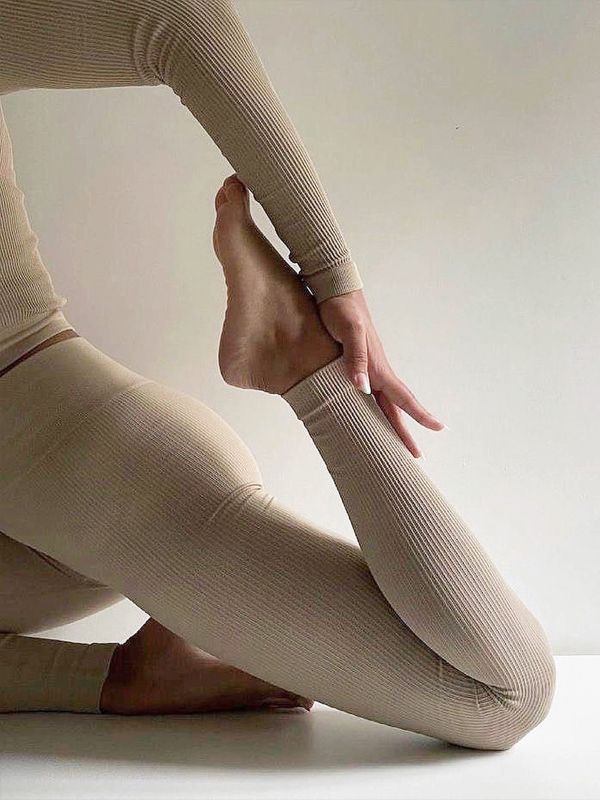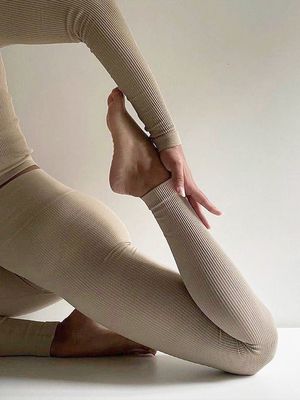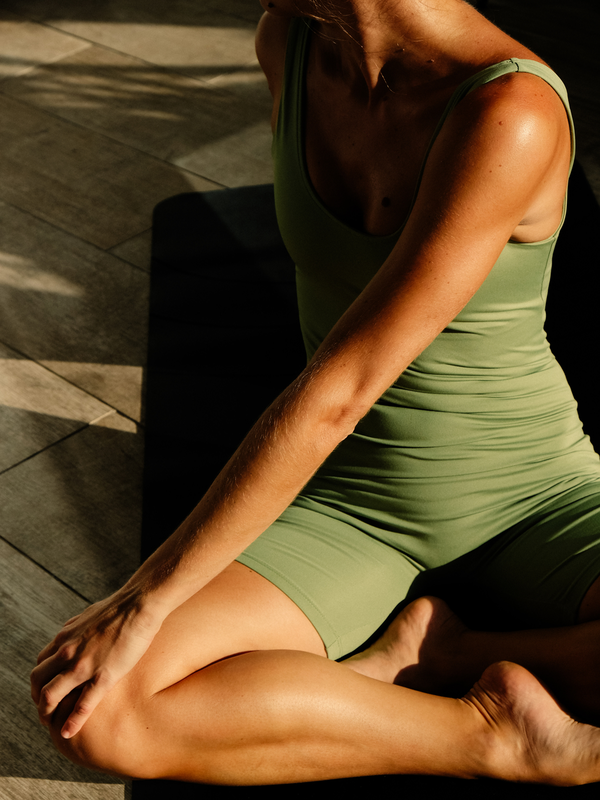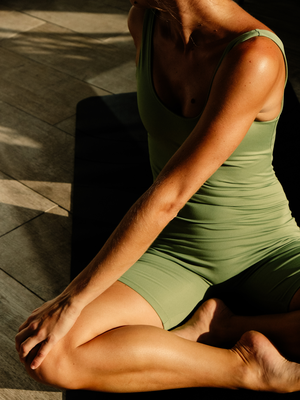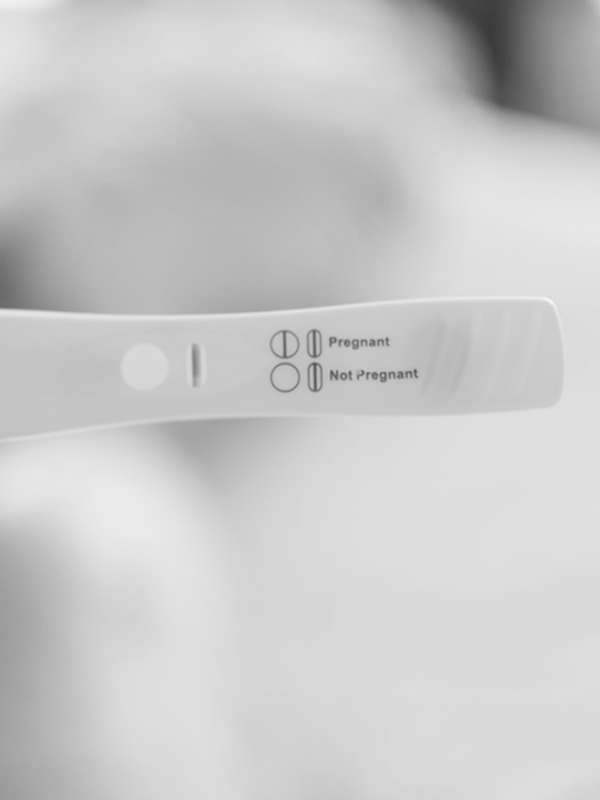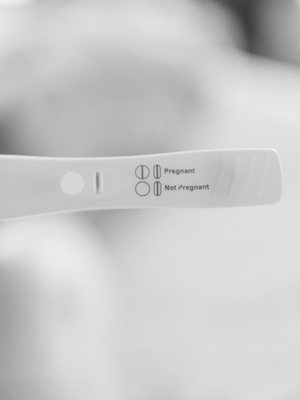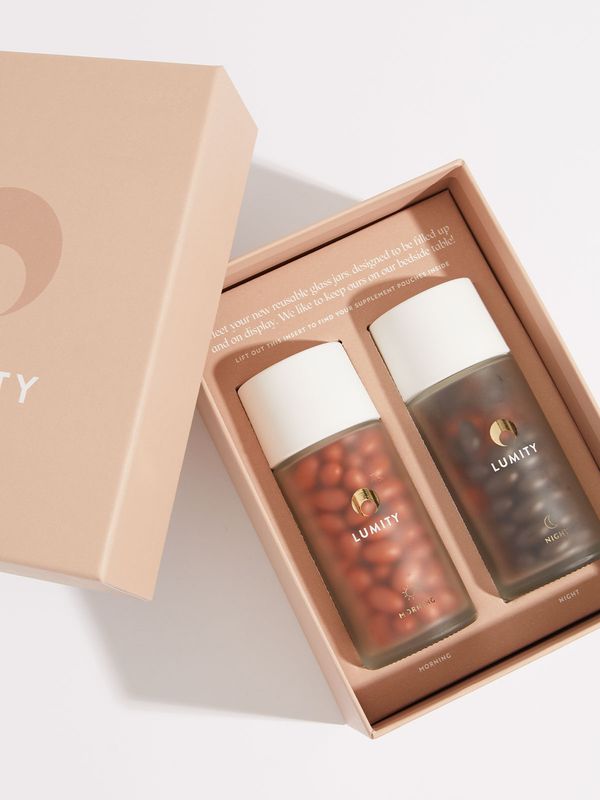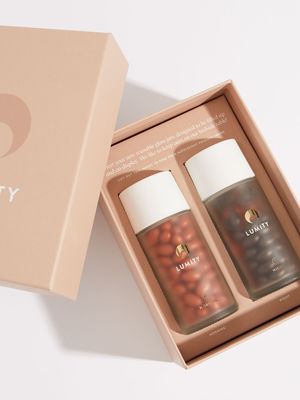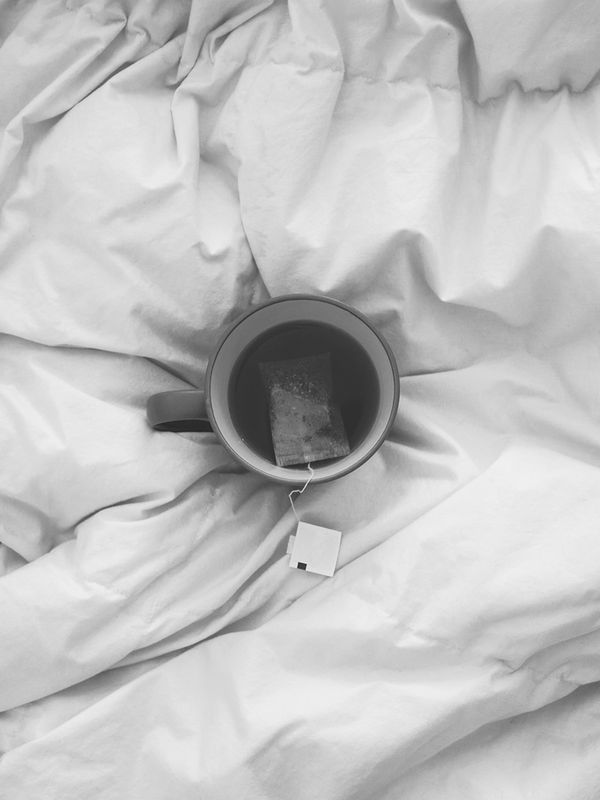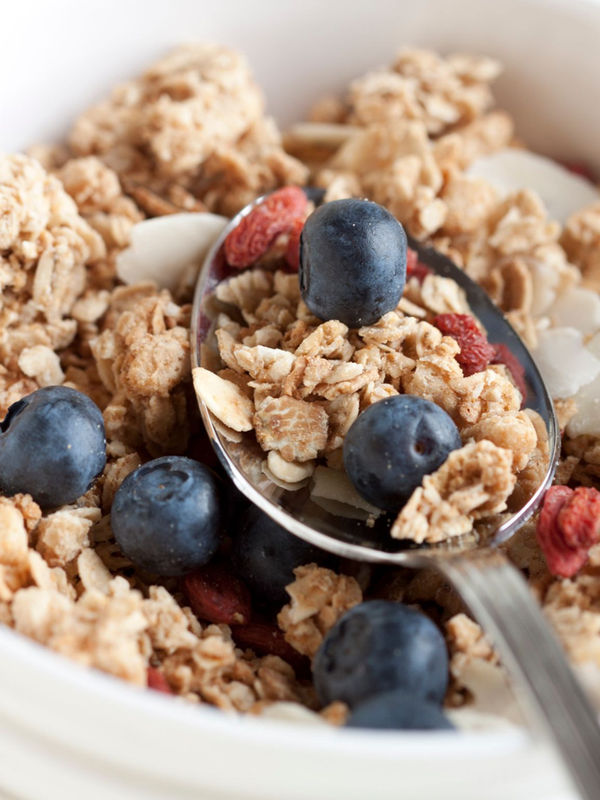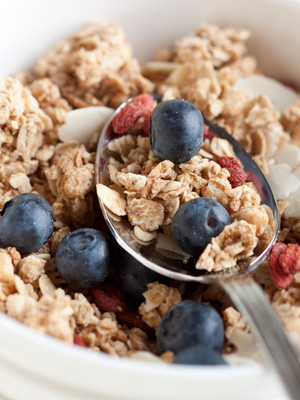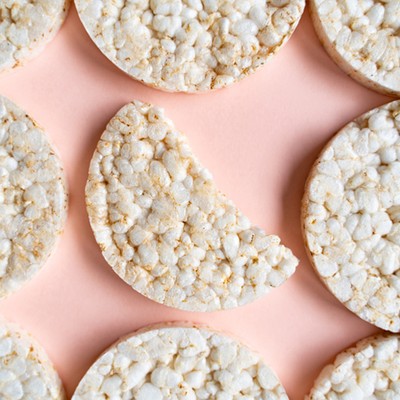
Is There Ever A Place For Diet Snacks?
Firstly, are ‘diet’ foods that bad for you?
Yes and no, explains nutritional therapist Amelia Freer. “There are lots of simple foods that are naturally low fat: fruit, veg, whole grains, lean meat and fish, for example. The problem occurs when products are marketed as low-fat – from a nutritional point of view, this often means they are highly processed. Removing an ingredient means something else is often added, which may not make it a healthier option.” Take, for example, a bowl of fruit. It may contain the same calories as a bag of sweets, but your body will process these two foods in a completely different way – fruit is loaded with fibre, vitamins and minerals, while sweets are full of sugar and chemicals.
So not all calories were created equal?
“Absolutely not,” explains Amelia. “What really matters is the amount of energy absorbed once food is digested by our bodies, and the amount of energy expended. Not just the total amount of calories we eat.” Nutritional therapist Jodie Brandman agrees, saying our bodies can absorb 100% of the calories in a chocolate bar, for example, compared to a quarter of the calories in nuts due to a high-fibre content. “A low-fat fruit yoghurt contains elements our body can’t process whereas an apple is packed with nutrition – you just can’t compare the two. We have to go beyond calorie counting,” she says.
What should you be looking out for on food labels?
Amelia says we should be buying foods that don’t need a label in the first place. And if something does have a label, do you recognise all the ingredients and are they something you have in your kitchen? If not, chances are it’s highly-processed. If you’re buying a snack, Amelia says it’s important to be clued up on the endless ways to label sugar in foods – it can be referred to as cane sugar, invert syrup, molasses, honey, and anything ending in ‘-ose’. At the same time, steer clear of anything claiming to be ‘reduced fat or sugar’, says Amelia. “This means the product contains at least 30% less fat or sugar than the standard version of the same product; it doesn’t necessarily mean it’s a low-sugar or low-fat product. And what have they replaced those reduced ingredients with? Emulsifiers, stabilisers and artificial sweeteners are all common replacements.”
Are there any ‘diet’ supermarket ranges you recommend?
“Yes – there are some really good-quality snack pots and take-away lunches out there,” says Amelia. “But they don’t necessarily focus on minimising calories or fat, instead packed with balanced carbs and protein to keep you feeling fuller for longer, and are pretty good in terms of nutrient density. However, I never recommend any diet snacks or reduced calorie crisps, chocolate bars or biscuits to my clients – even if they claim to be 100% natural they’re often packed full of sugar.”
Is there ever a place for calorie-controlled foods and snacks?
If you’re overweight and need to lose weight for health reasons then yes, explains leading London nutritionist Lily Soutter. “Monitoring your calorie intake is one of the oldest weight loss tricks in the book,” she says. And the evidence would appear to back her up. A recent study by Kaiser Permanente's Center for Health Research carried out on 1,700 people showed those who kept a food diary doubled the amount of weight they lost compared to those who kept no record. However, calorie counting isn’t a sure-fire route to weight loss. Stress, hormones, food allergies, intolerances and our gut microbiome all contribute to our personal ability to lose weight. Jodie adds that consistently choosing the low-fat option could also wreak havoc with our hormones and affect levels of satiety.
The bottom line?
As Amelia enthuses, “A good diet doesn’t need to include ‘diet’ foods. I’d much rather you ate three solid meals a day and plenty of water and prioritised sleep, movement and stress reduction. Then it doesn’t matter so much if you have the odd ‘full-fat’ treat on top. If you really can’t live without your snack bar or popcorn, try to have them on occasion only, but I’d much rather you reached for a handful of nuts or a couple of oatcakes with hummus instead. If you are genuinely hungry, you should listen to your body and provide it with some high-quality, not empty, energy.”
DISCLAIMER: We endeavour to always credit the correct original source of every image we use. If you think a credit may be incorrect, please contact us at info@sheerluxe.com.


